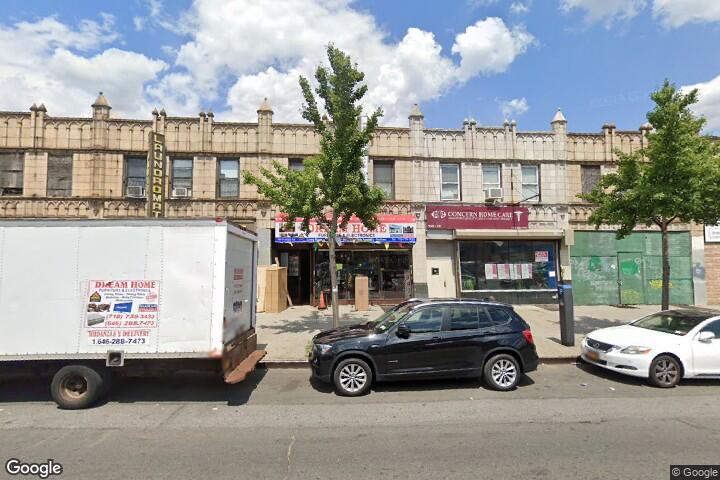
|
|
|||||
|
PRECIOUS REALTY LINKS Does Your Loved One Need Live-In Help? Downsizing: Sell Your Home and Save Money How to Nativate Senior Care When Your Parents Have Different Needs The Home Buyer's Choice: Starter Home or Forever Home? How to Own Multiple Homes in Different States When you Have Pets A Homeowner's Guide to Managing a Home Renovation |
Does Your Loved One Need Live-In Help? by June Duncan
If it's time to help your senior loved one leave their home, consider working with Precious Realty for a quick and smooth sale with expert service. Reach out today to find out more! 516-216-7462 A Difficult Decision Determining if it's time to get live-in help for your loved one is often very difficult. It's an emotional decision because it's an admission that someone you've cared about and looked up to all your life is in decline. It's also a practical decision because it may not be safe to leave your family member without supervision. Even if you and other family members decide that bringing in help is necessary, there will still be a kernel of doubt about whether you've done the right thing. It's not like an illness with clear symptoms which show conclusively that something’s wrong. In many cases, you're making a judgment call based on observation and instinct. Above all, you want to keep your loved one safe and preserve their quality of life. Fortunately, there are a number of indicators that can help you make an informed and accurate decision. The signs assisted living may be in order are if your family member is showing signs that he or she is having trouble with day-to-day functioning. If there have been a number of accidents or falls, there could be cognitive problems that indicate the presence of Alzheimer’s disease or some other form of dementia. If they're still driving, a traffic accident or multiple fender benders may offer proof that there's a problem. An isolated incident could simply be the result of aging, so watch carefully for repeat occurrences that might indicate otherwise. If they're having a hard time with activities of daily living, such as eating, dressing and bathing, a live-in aide is needed to help them perform basic hygiene, prepare meals, and dress in clean clothes each day. Problems with instrumental activities of daily living, like shopping, taking medications as prescribed, and doing laundry may require a more directly involved form of assistance. Alternatively, you may decide to move closer to help your loved one, as opposed to hiring a live-in aide; you could temporarily rent an apartment while assisting your loved one during this time. However, a chronic health problem that doesn't get better may be another sign that your loved one needs help on an ongoing basis. Precious Realty presents some things to keep in mind during this time. Appearance Rapid weight loss may be a sign that there are medical issues that need to be addressed, or it can mean that your relative is having trouble preparing or obtaining food. Either way, it's a serious problem that shouldn't be overlooked. An inability to remember how to prepare basic foods can be dangerous, leaving someone with cognitive or memory issues badly undernourished. The presence of an unusual body odor could also reveal mental problems that could be dangerous. Watch carefully for more subtle signs as well, things like hair parted in a different way, or a stain on the clothing of someone who's always been fastidious about their appearance. Mail and money Stacks of unopened mail and bills left unpaid can also indicate there's trouble. If your family member has always been on top of his or her affairs, this is a fairly clear sign that they're in need of assistance. Collection letters and messages left by bill collectors should also be considered indications of some problem. Home modifications If your relative has been diagnosed with Alzheimer's, a progressive disease with unique symptoms, you'll need to modify your home inside and out to ensure their safety. Steps are often a big problem, particularly if confusion and balance have become serious problems, so consider putting in an access ramp leading to your front door. Set up their bedroom and bathroom on the first floor to keep them from having to navigate stairs. Install a night light in their bedroom to ensure nighttime trips to the bathroom don't become a fall risk. Make sure electrical cords, small tables, and other items that could be tripped over are put away or kept up against the wall. Loving care As a family member, you're in a unique position to identify problem signs. It may be tempting to rationalize or overlook them if you're reluctant to admit that your loved one is having problems that could indicate Alzheimer's. Just remember that intervening on their behalf is an act of loving care. Contact us BUT FOR FASTER RESULTS CALL US AT 516-216-7462.CONTACT US AT: |
||||










